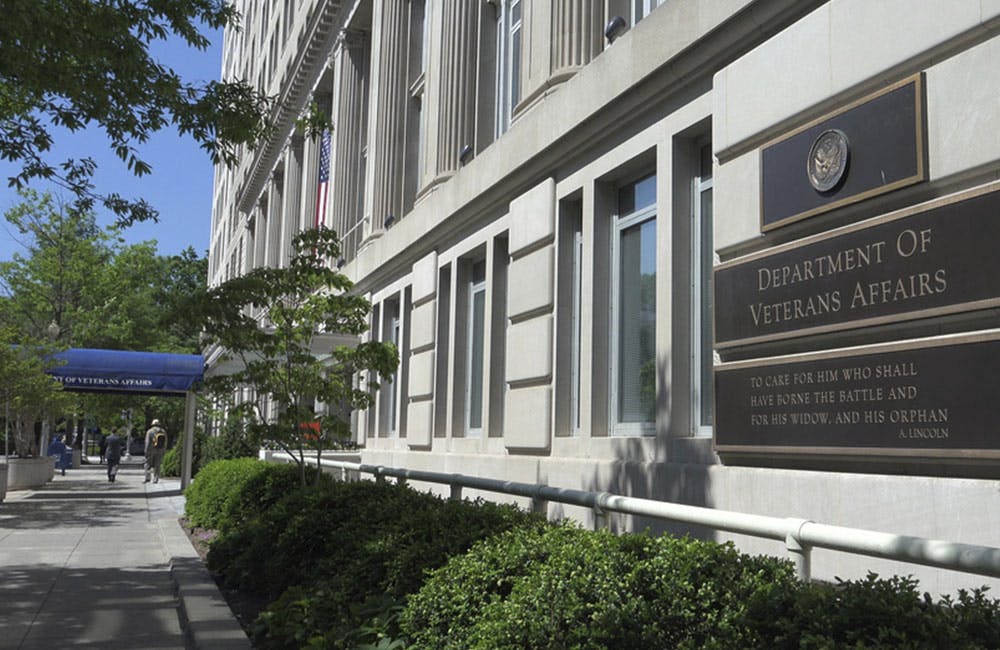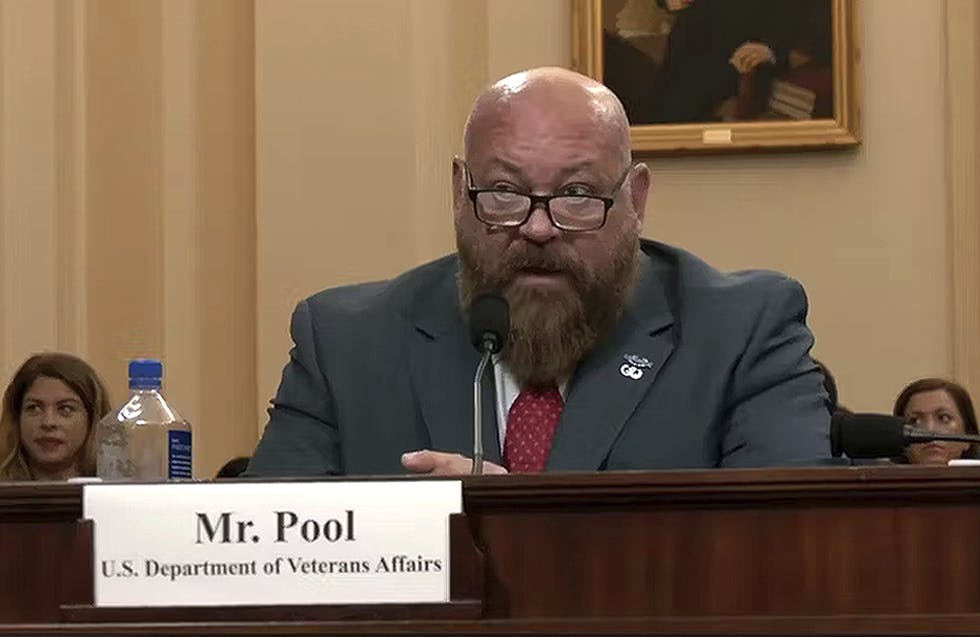How HHS OIG Helps CMS Combat Medical Identity Theft
Audits and evaluations are helping the agency detect and prevent identity fraud.

To combat pandemic-related fraud at the Centers for Medicare & Medicaid Services (CMS), the Department of Health and Human Services’ Office of the Inspector General (HHS OIG) partnered with the Department of Justice (DOJ) to conduct outreach campaigns to educate the public about emerging schemes. These alerts also provide information resources like contact information for reporting suspected fraud and tips on how to protect against the schemes.
“OIG’s Office of Investigations conducts criminal, civil and administrative investigations of fraud and misconduct related to HHS programs, operations and beneficiaries,” Jon-Paul Correira, HHS OIG’s assistant special agent in charge and director of inspections and investigative policy, said during AFCEA’s FedID Forum. “One common element is that many of these fraud schemes include theft of the identities of beneficiaries and/or providers.”
Medical identity theft happens when fraudsters steal or use a patient’s or provider’s medical identifying information, like a Medicare identification number, to submit fraudulent claims to Medicare and other health insurers without authorization.
CMS receives approximately 800 identity theft related calls every month. This type of theft can create patient safety risks and impose financial burdens on beneficiaries and providers. Fraudsters can also use this information to steal identities.
“In fiscal year 2020, OIG closed 107 cases that involved an allegation of identity theft. These cases resulted in 75 indictments, 91 criminal actions, 8 civil actions and more than $52 million in HHS monetary receivables,” Correira said.
COVID-19 created more opportunities for fraudsters to take advantage of new weaknesses. Scammers used the pandemic to send phone calls and texts to beneficiaries regarding free COVID-19 tests, cures, relief kits, vaccination appointments, fake vaccination cards and HHS COVID-19 grants to entice beneficiaries to provide personal information.
“It is the same type of scheme they’ve always used, but now they’re using the fear of the virus to initiate conversation,” Correira said.
OIG also maintains a robust cybersecurity portfolio that supports oversight of access controls. Correira said that his office is focusing on strengthening program integrity and securing protected health information as cyberattacks intensify.
“[These] are proven ways to prevent possible identity fraud by protecting unauthorized access to this information,” Correira said.
HHS OIG conducts various audits and evaluations to protect beneficiaries’ information. The agency recently worked with the Social Security Administration (SSA) and the Government Accountability Office (GAO) to change Medicare identification numbers and remove associations with patients’ Social Security numbers to deter identity theft and fraud.
The new Medicare cards display a unique, randomly assigned Medicare number known as a Medicare beneficiary identifier (MBI), which protects against identity fraud and provides a direct way to address victims of medical identity theft when MBIs are used in fraud.
“Following the final roll out of the new cards, we have seen a drop in identity theft cases. From 2019 of January to April 2021, a 40% decrease in medical identity theft related calls to CMS, and that’s during the pandemic,” Correira said.
This is a carousel with manually rotating slides. Use Next and Previous buttons to navigate or jump to a slide with the slide dots
-

NSF Wants Industry Driving Quantum Innovation
The agency is pushing for partnerships to enhance the research community as Congress weighs additional legislation.
3m read -

White House Science Chief: US-Driven AI Sets Global Standards
Michael Kratsios outlined how American AI technology on the global stage will help standardize the tech and counter China’s influence.
5m read -

Modernizing Critical Infrastructure in the Face of Global Threats
Officials are expanding the latest strategies in boosting defense infrastructure, including securing satellite communications, upgrading enterprise-wide technology, optimizing data management.
20m watch -

Trump AI Orders Call for Speed in Building Infrastructure
The directives call for expanding AI infrastructure, streamlining federal permitting and promoting AI exports.
4m read -

DOD Accelerates Software Modernization with Agile DevSecOps Push
The Pentagon's software implementation plan tackles cultural hurdles and integrates security early to deliver critical capabilities faster.
6m read -

White House Unveils AI Action Plan to Secure Global Dominance
The strategy outlines steps to accelerate private sector innovation, build critical infrastructure and advance U.S. leadership in AI policy and security.
3m read -

VA's Platform One Powers Rapid Innovation to Bolster Digital Services
VA's Platform One accelerates software development timelines from weeks to hours, ultimately enhancing digital services for veterans.
5m read -

Federal Leaders Receive Federal IT Efficiency Flywheel Awards from GovCIO Media & Research
Five federal IT leaders received Flywheel Awards for driving innovation and modernizing technology at the Federal IT Efficiency Summit.
5m read -

Doing More with Less is Muscle Memory for IRS, Former Deputy CIO Says
Darnita Trower discusses her experience, the legacy she’s left behind and how she pushed the IRS to modernize itself,
20m watch -

Opinion: Original Intelligence Is the Missing Piece for AI Transformation
Limitations of AI agents and development drive growing needs for workforce development and "original intelligence."
3m read -

VA CIO Targets Modern IT and Smarter Workforce Alignment
Agency leaders told lawmakers they are focused on trimming legacy systems and restructuring its workforce to streamline operations.
3m read -

Pentagon's $200M AI Contracts Signal Broader Effort to Transform Talent
The Army is leveraging Silicon Valley, reservist programs and new hiring strategies to integrate critical digital skills in its ranks.
5m read
















